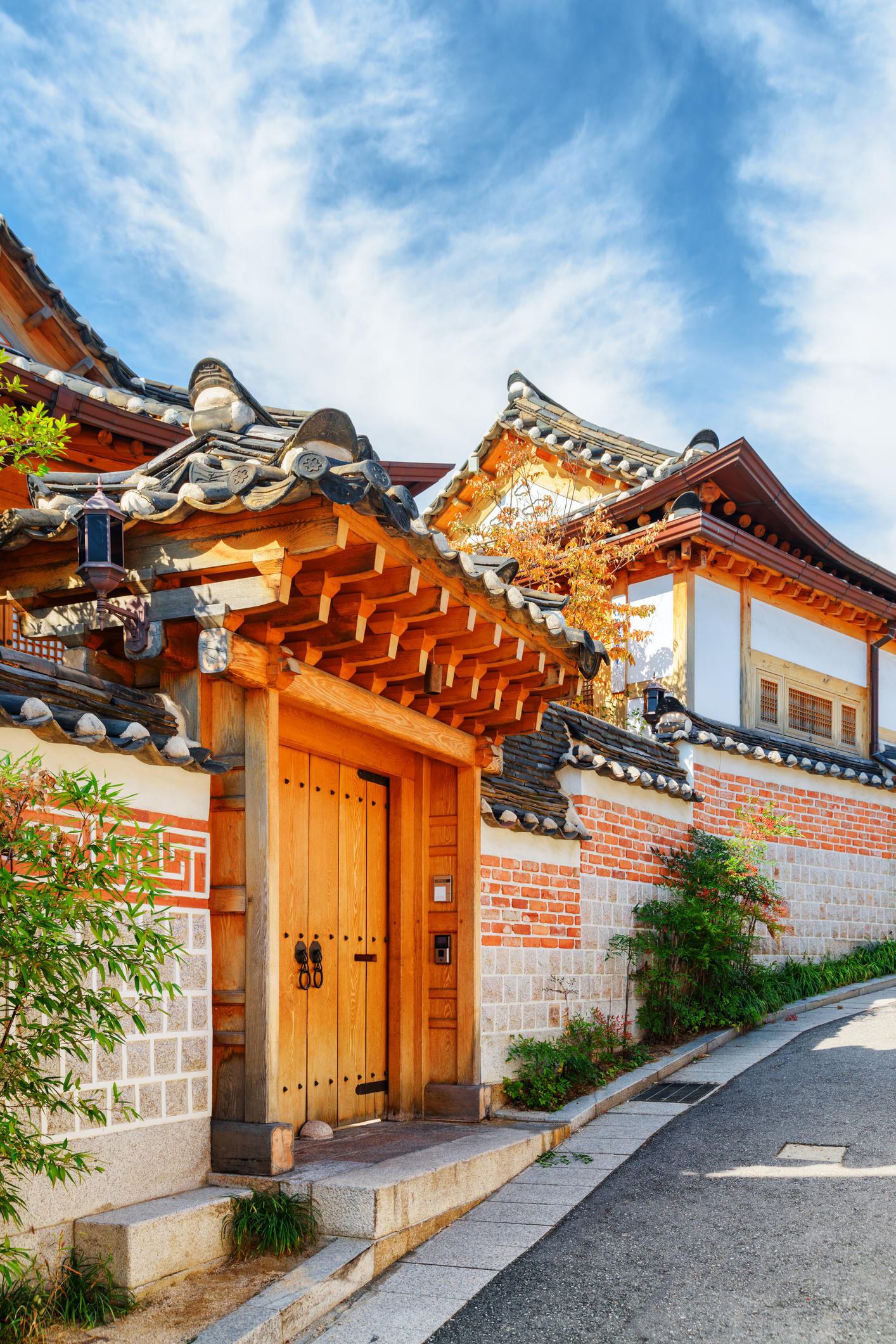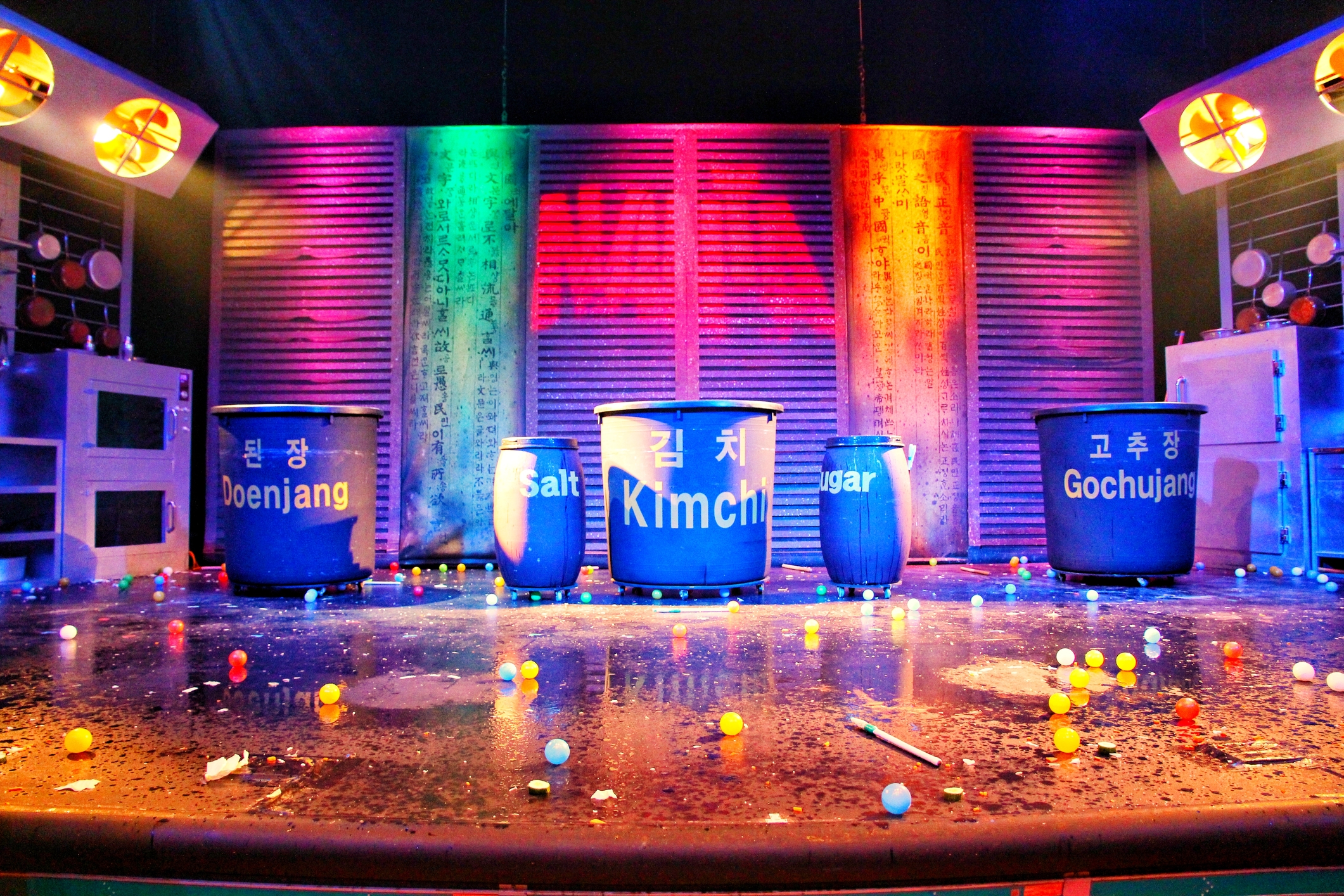Mountains, beaches, markets and islands are all well and good (who are we kidding – they're pretty amazing here), but if you’re looking for something that can’t be seen or done anywhere else in the world, Korea’s still the place to be.
We know that local people are key when it comes to delving into an exciting new destination – no off-the-peg walking tours here, only experiences that we’ve tried ourselves and loved to bits.
How does visiting a pristine river island sound? Appealing? We can get you there on a zipline, rather than a bus. Want to visit a Korean temple? We can get you bed and breakfast at one – not just any temple, mind you, but one where the monks will teach you martial arts. Want to take a few steps into North Korea, without the danger of stepping on a landmine? Yep, we can arrange that too.
While some experiences will simply become great memories, what happens in SK doesn’t necessarily need to stay there – try one of our classes and you’ll be able to wow your friends back home with authentic Korean dishes, or even the latest K-pop moves.





